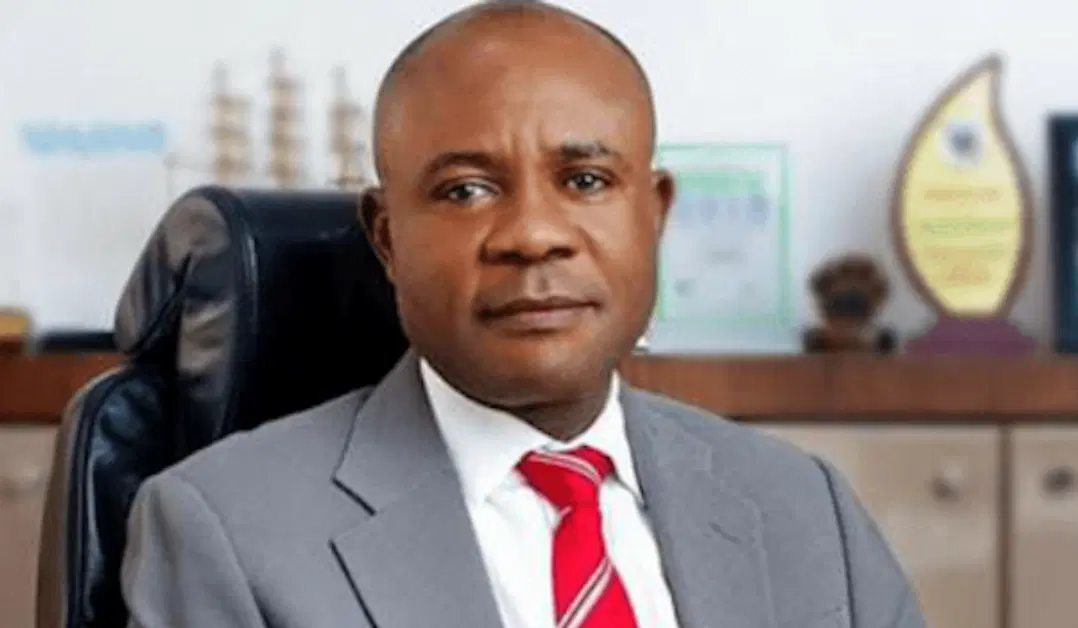The Enugu State Government has clarified that the recently implemented Mortuary Tax is not intended to generate revenue but rather to discourage the practice of keeping deceased individuals in mortuaries for extended periods.
Tax Implementation Explained
The Executive Chairman of the Enugu State Internal Revenue Service (ESIRS), Mr. Emmanuel Nnamani, made this clarification in response to concerns regarding a circular that addressed mortuary attendants in the state, which has gained attention on social media.
According to the circular, the ESIRS has approved the implementation of the Mortuary Tax under the provisions of Section 34 of the Birth, Deaths, and Burials Law Cap 15 Revised Laws of Enugu State 2004. It stipulates that a fee of N40 is to be paid by the owners of a corpse if it is not buried within twenty-four hours. This amount will continue to accumulate daily until the burial takes place.
Payment Procedures
The circular instructs that the tax must be paid before the corpses are collected for burial, with payments to be remitted to the ESIRS in any commercial bank under the Mortuary Tax Enugu State IGR Account.
Clarification on the Tax
In his response to the public outcry, Nnamani emphasized that the Mortuary Tax is not a new initiative but rather a regulation that has been part of the Enugu State Mortuary Tax Law for years. He accused some social media users of altering the date on the circular to misrepresent the tax as a recent development.
He clarified that the fee is only N40, not N40,000, and that it is an indirect tax imposed on mortuary owners, not on the families of the deceased. For instance, if a corpse remains in the mortuary for 100 days, the mortuary would owe the state a total of N4,000.
Nnamani reiterated that the purpose of the tax is not to create a revenue stream but to encourage families to bury their loved ones promptly rather than keeping them in mortuaries for long durations. He assured the public that since the tax was introduced, no one has been denied the opportunity to bury their deceased family members.

